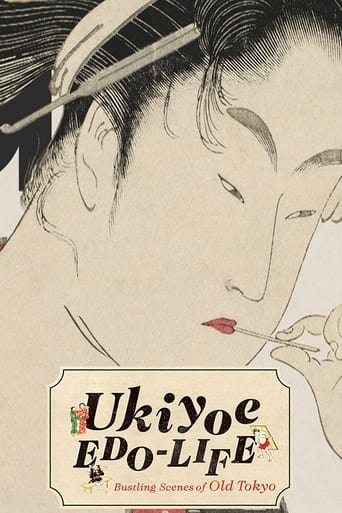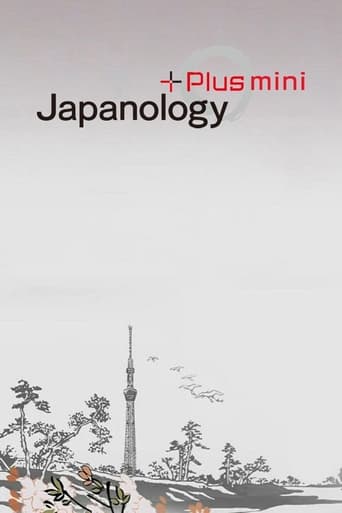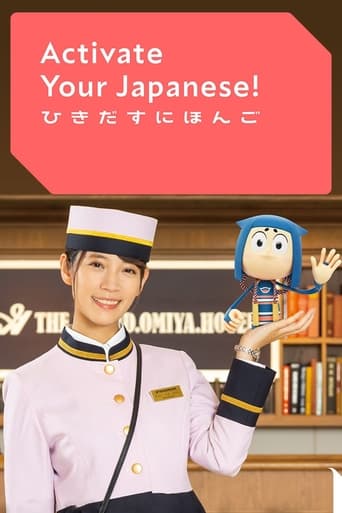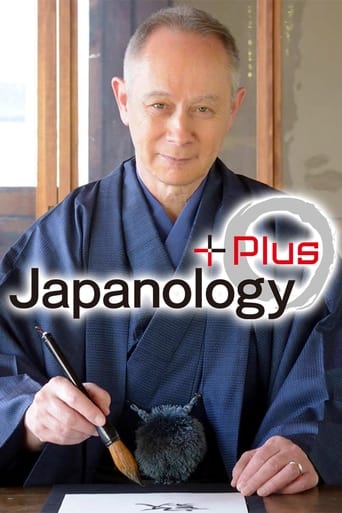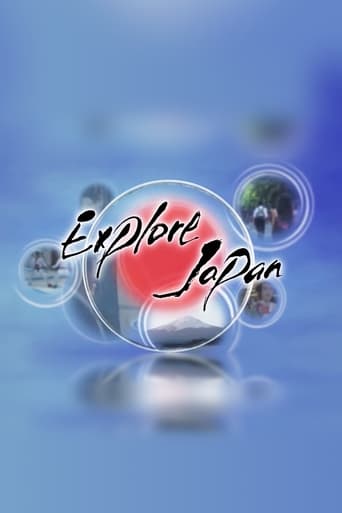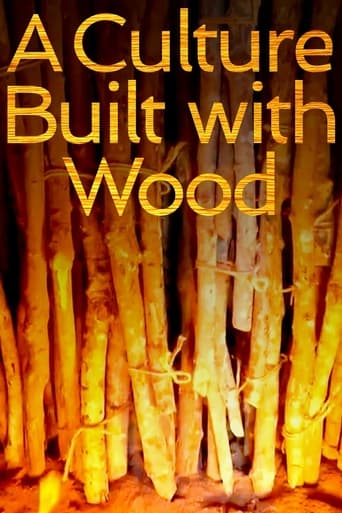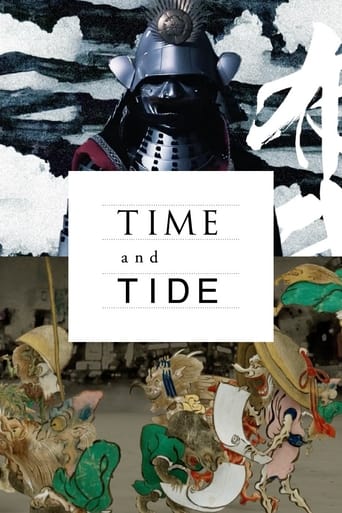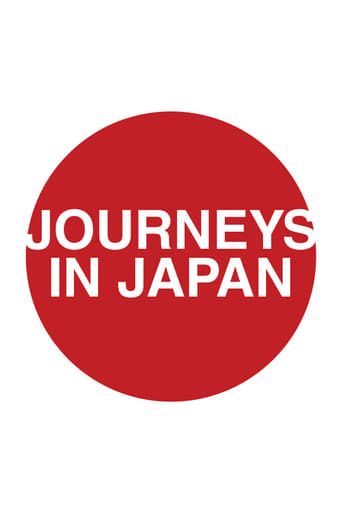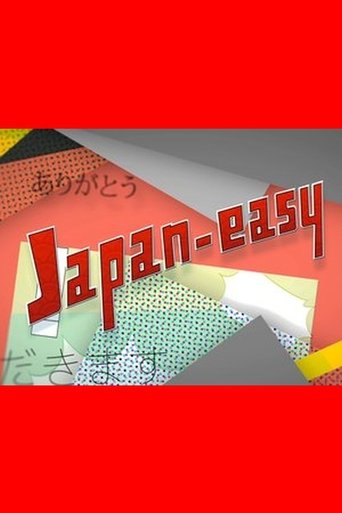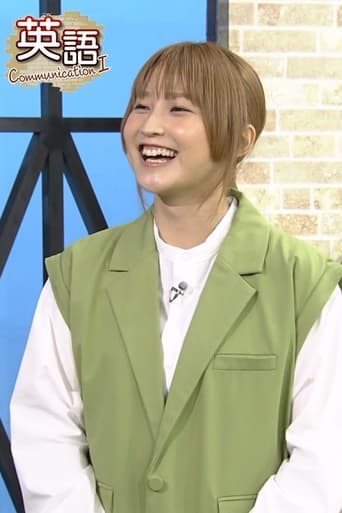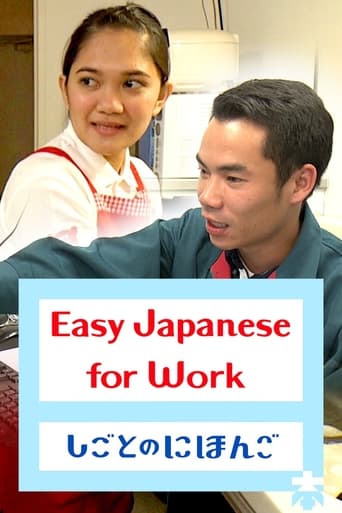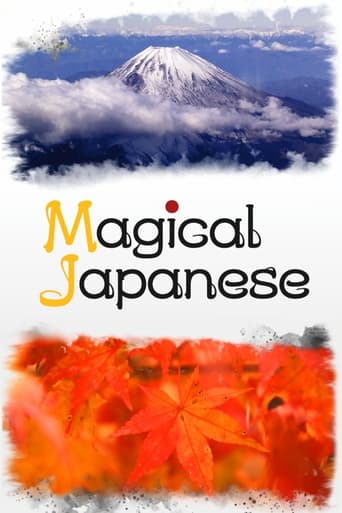
Rating:
10/10 by 2 users
Magical Japanese (2021)
Explore the richness and depth of the Japanese language and discover how words and expressions reflect history, culture and the natural world.
Writing:
Release Date:
Sun, Mar 28, 2021
Country: JP
Language: Ja | En
Runtime: 10
Country: JP
Language: Ja | En
Runtime: 10
Peter MacMillan
Self - Host
Emma Howard
Self - Narrator (voice)
Season 4:

Written Japanese was developed and refined after Japan began using Chinese kanji characters in the early 5th century. This history is reflected in the many words related to kaku, or "to write."
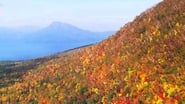
This episode focuses on words related to yama (mountains). Mountains make up about 75% of Japan's territory, and they have made their way into many common expressions in the Japanese language.

This episode focuses on me (eye). Just like other languages, Japanese has a lot of words and phrases related to eyes, and they are often used in daily life.

This episode focuses on words related to fukuro (bag). Reflecting its unique wrapping culture, Japan has a wide variety of bags, leading to an equal variety of Japanese words and expressions.

This episode focuses on words related to shio, or salt. Salt played an important role in the development of Japan's food culture and religion, and it continues to add flavor to many Japanese expressions.
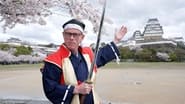
In this episode, poet and literary translator Peter MacMillan explores Himeji Castle in Hyogo Prefecture and examines words and expressions related to Japanese castles.

This episode focuses on kuruma, which means both wheel and wheeled vehicle. A ubiquitous word, it has rolled its way into many Japanese expressions.

This episode focuses on kawa, which means both river and stream. These flowing bodies of water have played a central role in Japanese life and philosophy, as reflected in the Japanese language.

This episode focuses on nana, or the number seven. Seen as a lucky number in Japan, it has given rise to many unique everyday words and expressions.

This episode focuses on kuchi (mouth). Japanese has many words and phrases related to its shape and functions.

This episode focuses on shibai, which means both "a play" and "acting." It describes all types of acting and has produced many unique expressions.

This episode focuses on gekijo, or "theater." Japanese theaters have characteristic features that have produced many idiomatic expressions.

This episode focuses on fumu, meaning both "to step" and "to stomp." The action is an important part of Japanese Shinto rituals and is used in many Japanese expressions.

This episode focuses on oto, or "sound." Japanese is rich in sound-related expressions and idioms, many describing aspects of reputation and communication.

The Manyoshu is the oldest extant anthology of Japanese poetry. Through poems presented in both manga and a modern setting, we glimpse sentiments from centuries ago.

The Manyoshu is the oldest extant anthology of Japanese poetry. Through poems presented in manga and a modern setting, we glimpse sentiments from centuries ago. The topic this time is business.



